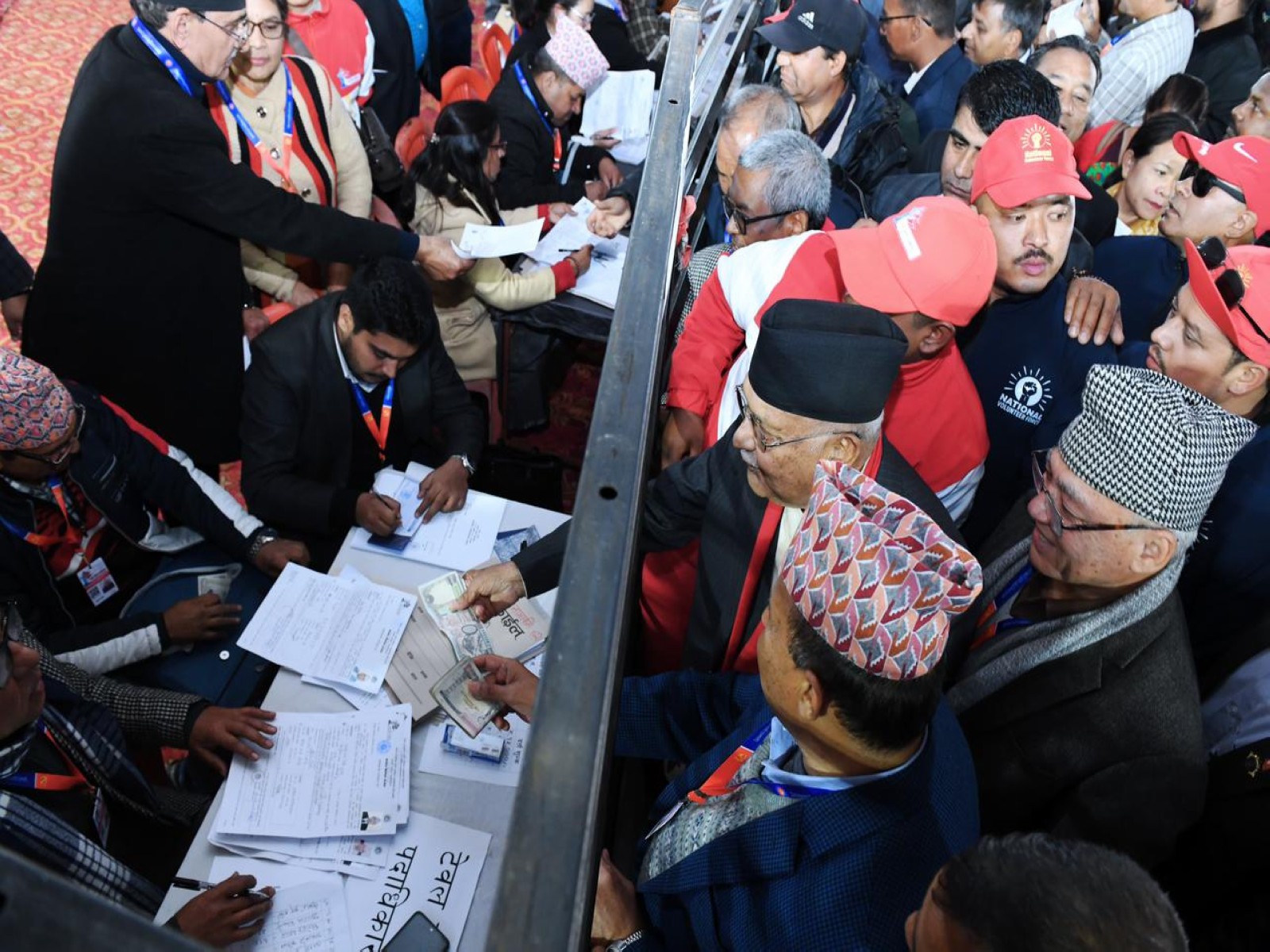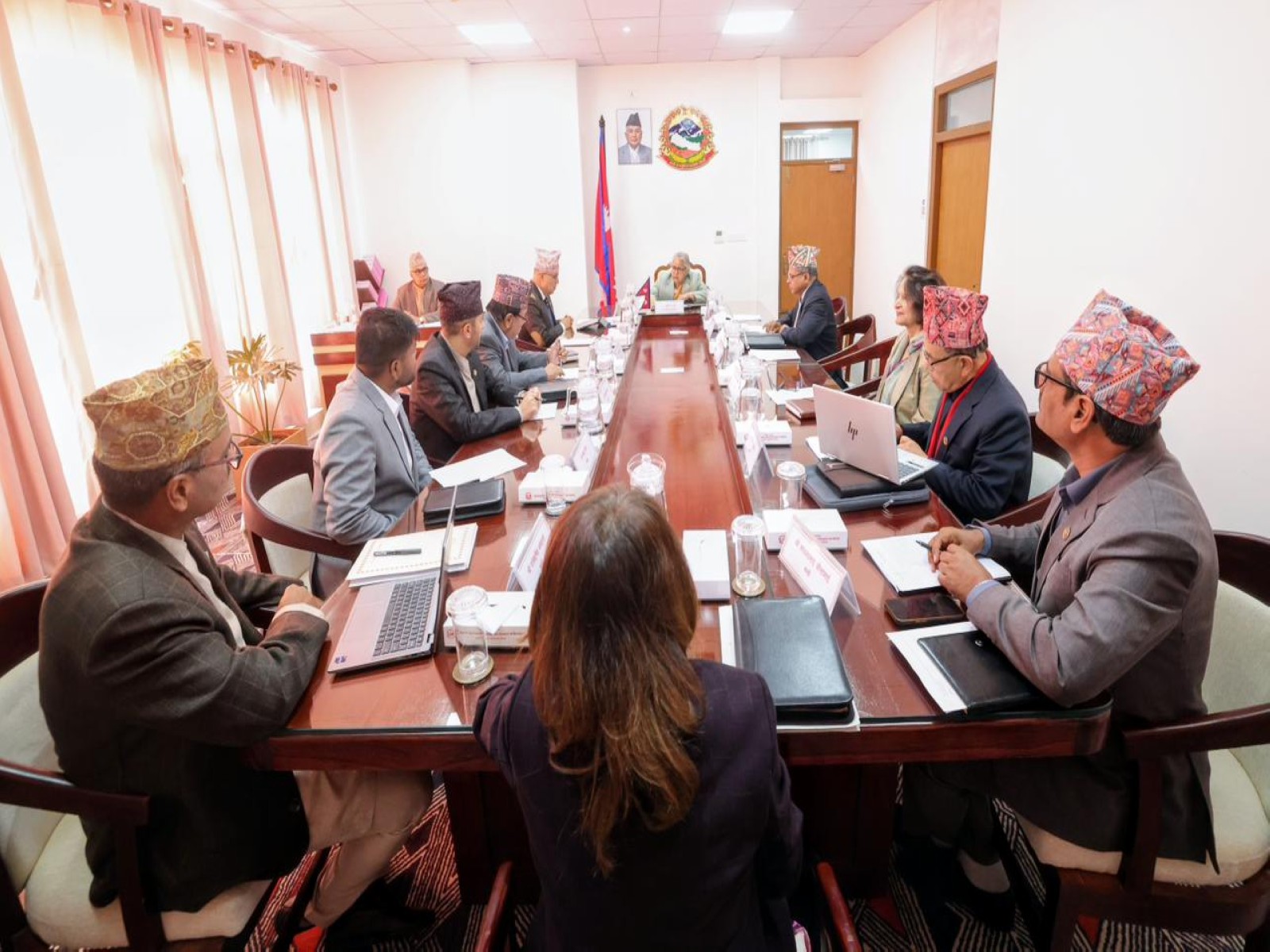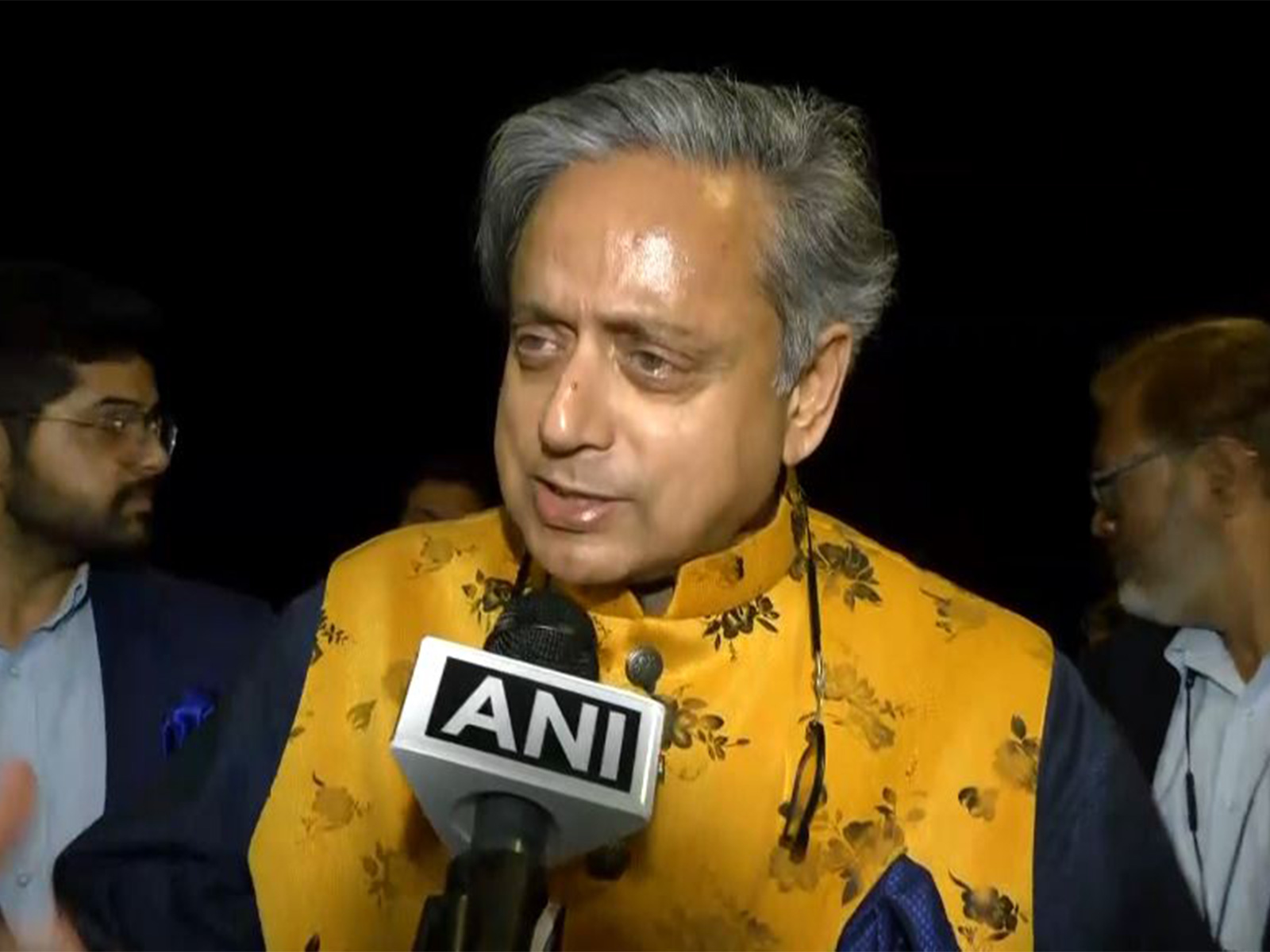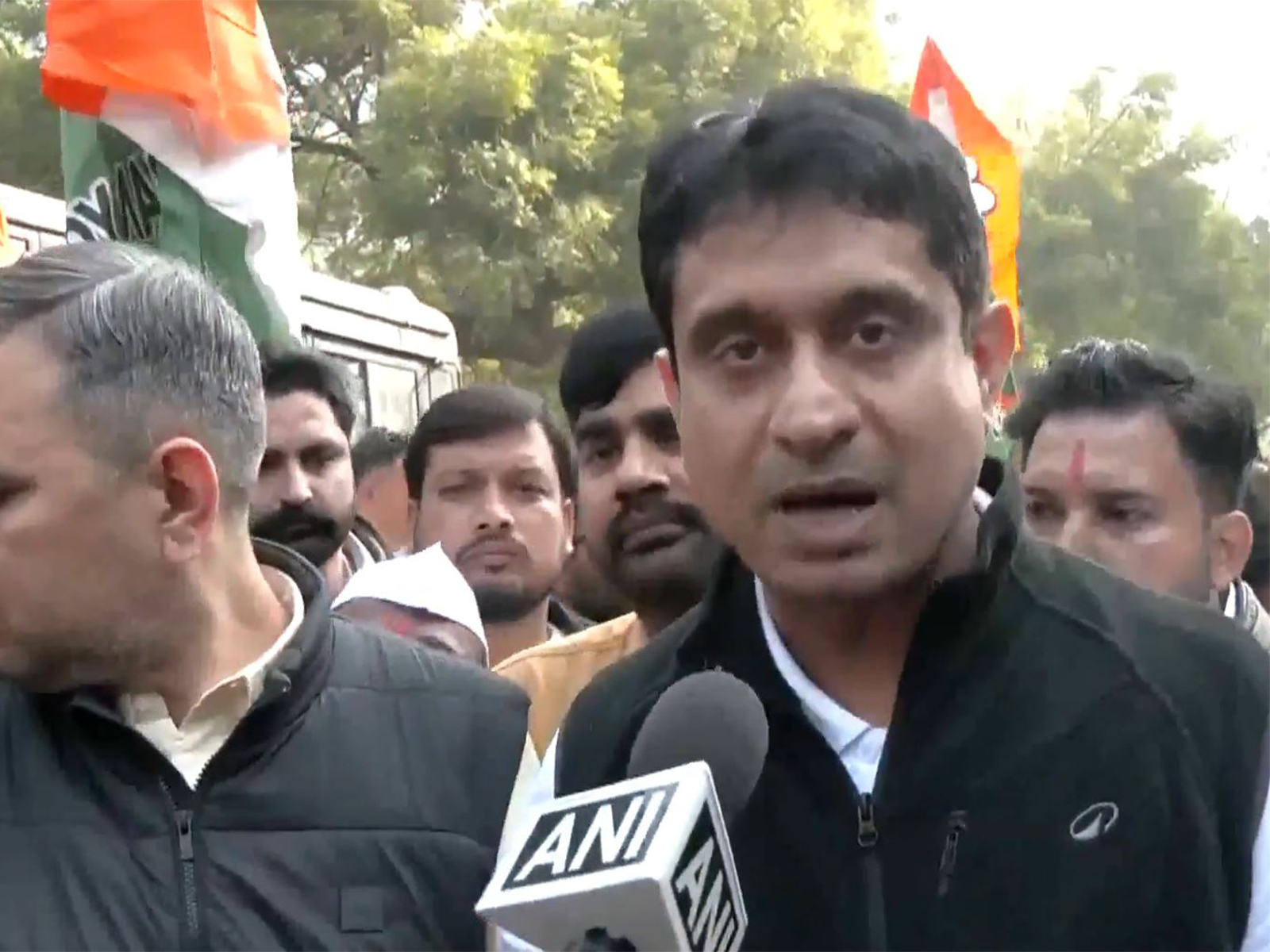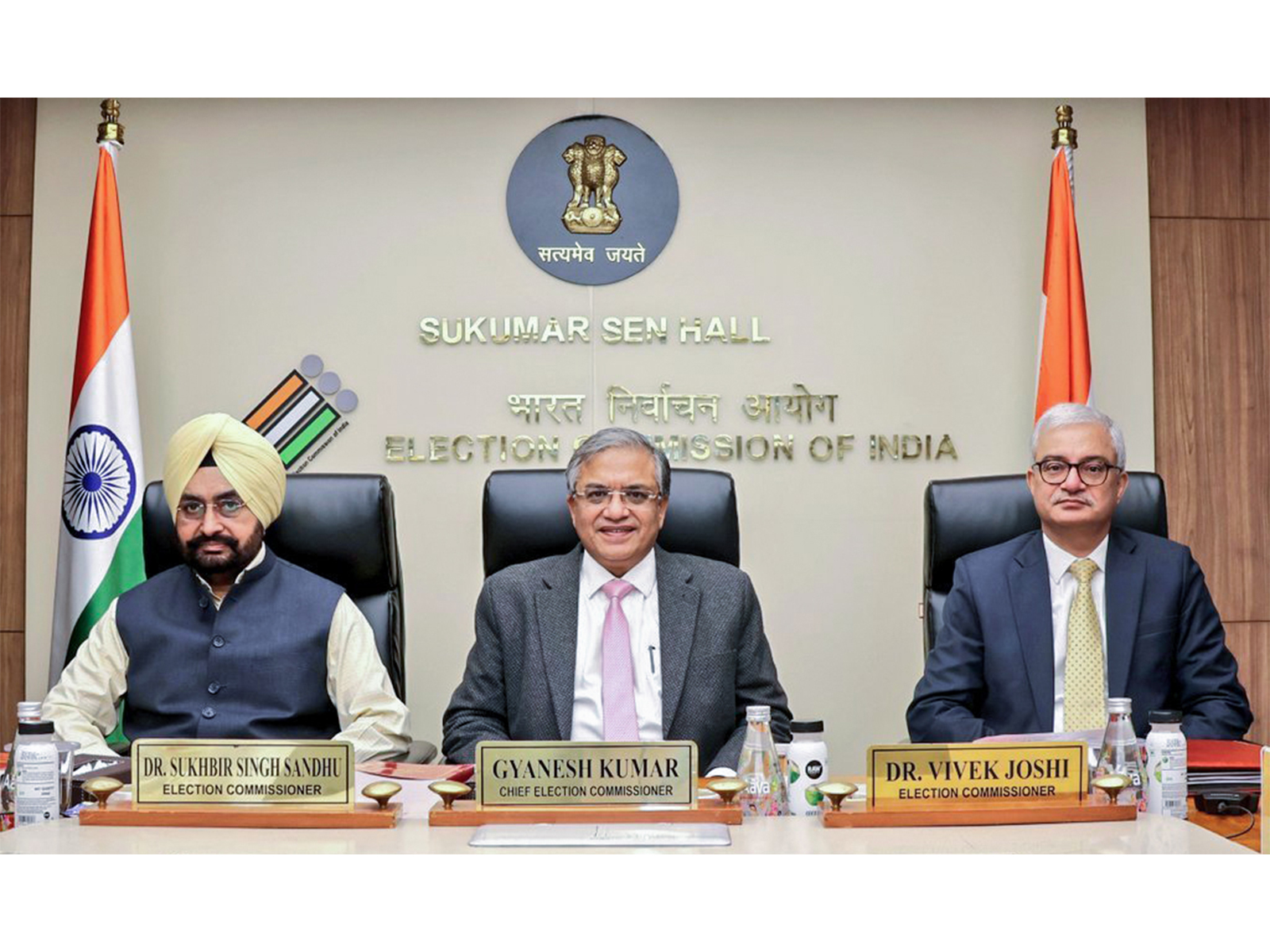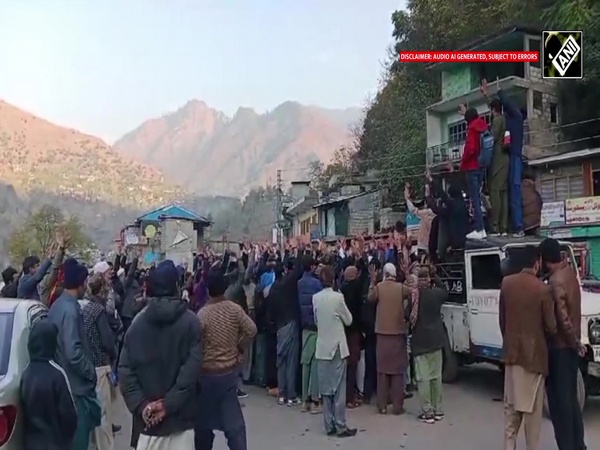Japanese expert explains how Fukushima's wastewater will be discharged into sea
Jan 14, 2022

Tokyo [Japan], January 14 : When Fukushima Daiichi Nuclear Power Station was launched by Tokyo Electric Power Company (TEPCO), many options for disposal of stored ALPS treated water were studied by a special independent subcommittee of experts.
Finally, it was concluded that discharge into the sea could be implemented more reliably.
How was this concluded? Professor Hiroshi Tauchi looks back on the careful examinations.
Hiroshi Tauchi, Professor of Ibaraki University said that there were five options.
"The first was discharging treated water into the sea. The second was vapour release, followed by hydrogen release, geosphere injection and underground burial. In the subcommittee, the discussions including social and economic subjects were progressed with focus on which option was the most realistic. In reality, two options were left after examining the time to start, and technical and regulatory feasibility. These were discharging into the sea or vapor release," the Professor said.
"Evaluations of the two options were discussed. They were simulations about discharging into the environment and influence on human health. As a result, the risk in discharging into the sea was obviously low. Because there is water flow to diffuse discharged water in the ocean. At each nuclear power station in the country, the target value for the general radioactive quantity and concentration to be achieved are set based on regulatory standards. In international standards, only the value for concentration is set. This means that Japanese standards are stricter than overseas," Hiroshi Tauchi added.
Based on careful examination by the government, discharge into the sea will be undertaken in the near future.
Hiroshi Tauchi further said that the important point is information disclosure and monitoring. Especially, monitoring by third parties is important.
"To confirm the path towards the decommissioning, it is necessary to obtain understanding from related local governments and residents. Mutual understanding with the parties concerned including those from other countries is integral," the Professor said.
"Continuous efforts by TEPCO, Fukushima citizens, the Japanese government and relevant personnel worldwide are required," Tauchi added.

